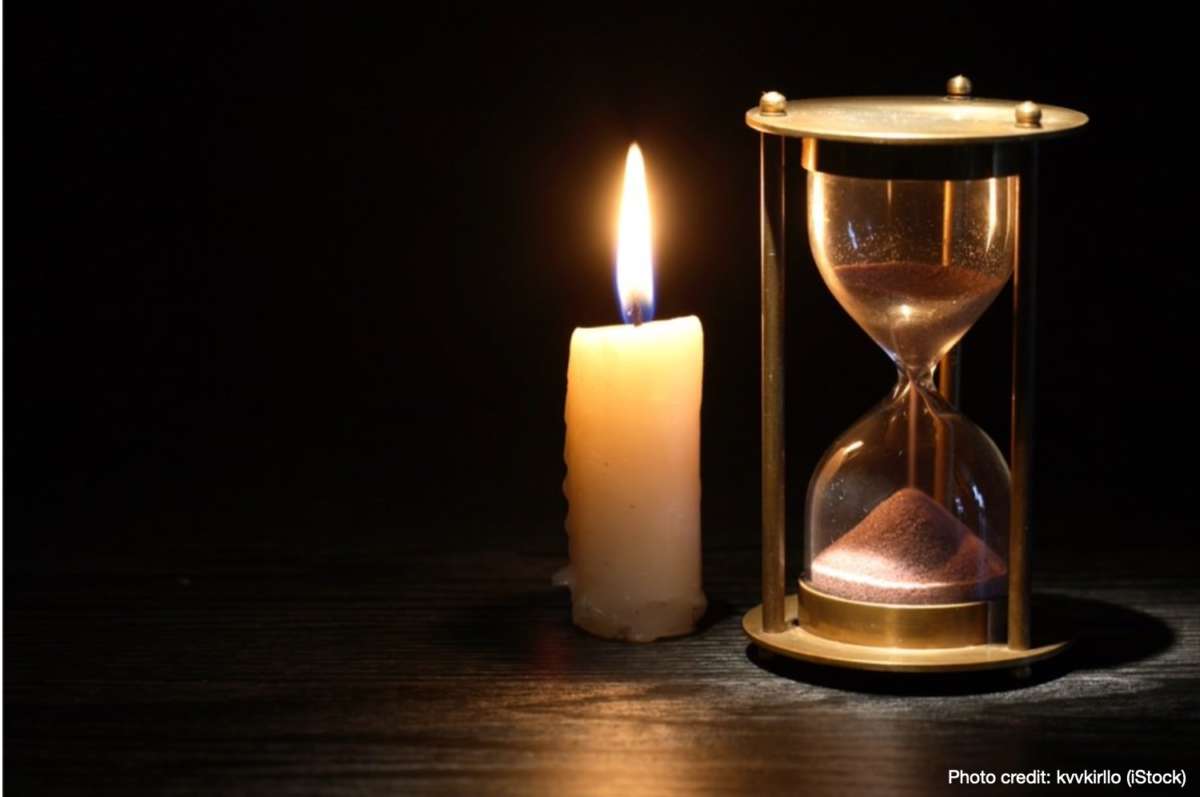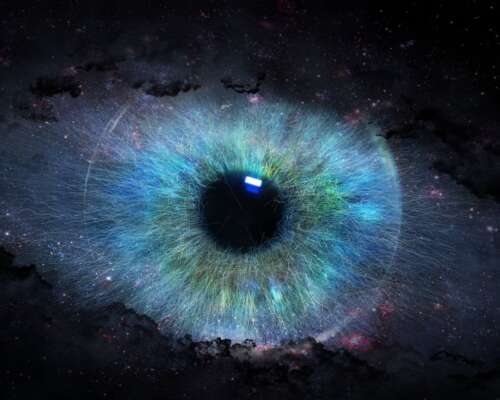Almost everyone is familiar with Shakespeare’s play Macbeth. Macbeth is a driven man who makes mistakes and then commits crimes to cover those mistakes. As the crimes (including murder) multiply, he becomes increasingly troubled, guilt-laden, sleepless, mentally unstable and subject to hallucinations. His wife spurs him on his evil way, as if the forces within him needed any encouragement. And the King reminisces about all our yesterdays.
Act V, Scene V of Macbeth contains Macbeth’s famous soliloquy, as follows:
To-morrow, and to-morrow, and to-morrow,
Creeps this dusty pace from day to day
To the last syllable of recorded time,
And all our yesterdays have lighted fools
The way to dusty death. Out, out, brief candle!
Life’s but a walking shadow, a poor player
That struts and frets his hour upon the stage
And then is heard no more: it is a tale
Macbeth Act V, Scene V
Fortunately, there are relatively few monsters in our society like Macbeth (or are there?) But, millions of Americans experience the same dynamic as Macbeth. They burn through money faster than they can earn it, or perhaps get hooked on day trading or Online gambling. Then, they steal to cover their debts or make their margin calls. They lie to their spouse as they secretly drain their childrens’ college fund. Maybe they start taking drugs, like coke, dazzle or meth. Where does it end? How does it end? For MacBeth, it was a death in battle. On August 15, 1057 he was slain by Malcolm.
“Out, damned spot! out, I say!”
Yet, MacBeth (and his wife) could have received absolution from God in spite of their crimes. Lady Macbeth did not need to prowl the hallways each night rubbing her hands together to rid herself of the stain that haunted her. Isaiah writes (1:18): “Come now, let us reason together, says the LORD: though your sins are like scarlet, they shall be as white as snow; though they are red like crimson, they shall become like wool.” So, there was a way of cleansing Lady MacBeth’s hands after all–the blood of Jesus Christ, blood for blood. MacBeth’s stain was also invisible to the audience, because his stain was more than likely on his soul. But then, again, God’s love and the power of Jesus’ blood covers a multitude of sin.
Most of us have regrets. A teacher may realize that they punished the wrong child, but chose to move on rather than appoach the student with an apology. An inattentive driver may have injured a pedestrian while distracted by something else. Perhaps he did not stop to render aid? A combat pilot may have mistaken a wedding procession for a gathering of terrorists. This is an easy mistake given a bird’s eye view of the gathering from 5,000 feet and members of the wedding shooting guns in the air to celebrate the happy occasion. A journalist may have invented a source to quote what the journalist already knows. Herod Antipas promises Salome the head of John the Baptist if she’d dance for the King, and later regrets (Mark 6:26) causing John’s death. We all behave badly at some point in our life. If we’re a fundamentally decent person, we experience regret and remorse. If we’re not a good person, we don’t think twice about what we’ve done.
“Regret is also, something that signals to people that we’re learning from our experiences and that we’re going to make changes as a result.”
Amy Summerville, BBC Radio 4
Regret seems to be devised to be a learning experience of sorts. Most regret is probably over much less than life or death issues. Perhaps one did not marry someone who proposed to them, but instead married another and wound up in an unhappy relationship. Perhaps a child regretted not telling their mother or father that they loved them shortly before the parent died. And, we may all regret our career choice at some point in our life.

Writing for BBC Radio 4, Aleks Krotoski notes why humans have the emotion we call regret: “The most obvious answer is that it’s a psychological check on our inbuilt compulsivity… Krotoski concludes. “Regret is also, something that signals to people that we’re learning from our experiences and that we’re going to make changes as a result. Not having that emotional reaction is really actually kind of troubling if there is harm that’s happening” says Amy Summerville is a professor in Social Psychology at Miami University in Ohio in the same article (Why it is Good to Feel Regret.)
All our yesterdays
Some researchers today would say that there is more regret than ever before in human history if for no other reason than we have more choices than ever. Choosing “A” excludes “B” and every other possibility. There was a time several centuries ago where a major excursion might be to another country. Today, traveling to other continents is faily common, and who knows? Perhaps your great grandchilden might vacation on the planet Mars?
Return to Earth with me if you will, so I can finish the thought: MacBeth apparently did not act on his regret, and attempted to assuage his conscience with alcohol. As I mentioned earlier, his guilt and regret resulted in mental health issues, nightmares (when he was not insomniac) and his wife’s compulsive repetition, crying out “Out, damned spot! out, I say!” while reminding herself to
“Wash your hands, put on your nightgown; look not so
pale.–I tell you yet again, Banquo’s buried; he
cannot come out on’s grave…”
– Act V, Scene I.
Along with regret one occasionally experiences guilt and self-condemnation. Paul says there is no condemnation to those who are in Christ Jesus (Romans 8:1.) John speaks to this in his first epistle: “Dear children, let us not love with words or speech but with actions and in truth. This is how we know that we belong to the truth and how we set our hearts at rest in his presence: If our hearts condemn us, we know that God is greater than our hearts, and he knows everything.” (I John 3:18-3:20.) God is greater than our hearts. We can leave our regret and sins at the foot of the Cross and face our future as free men and women. Without fear. Without regrets.
One reference sums the play up succinctly: “This is a profoundly bleak view of life, one which is held by a man who has, turned his back on his own humanity to fulfill his ambitions, and is about to be destroyed himself. And every day that has already occurred in the past has only brought fools one day closer to their deaths.”





